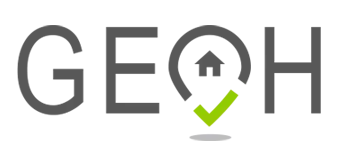The Dangers of Splitting an Overnight Visit
In the realm of health care and Medicaid billing, accuracy and honesty are not merely best practices—they’re unequivocally mandated. This blog post shines a light on one specific billing practice that has the potential to land agencies in hot water: the splitting of overnight visits.
What is “Visit Splitting”?
Splitting an overnight visit refers to the act of dividing a single, continuous overnight service into multiple billing entries. On the surface, this might seem like a harmless division of service tracking, but it is, in fact, a fraudulent activity that’s taken quite seriously by regulators.
The Risks of Creating Fake Check-ins/Check-outs
The only way to split an overnight visit is to create a fake check in/ check out. The creation of fake check-ins and check-outs is a direct breach of Medicaid billing protocols. Doing so results in a distorted portrayal of the care provided and enters the dangerous territory of fraudulent billing—a crime that could lead to audits, penalties, and even criminal charges against the agency.
The scenario is clear-cut: If an agency claims for two visits instead of one, ostensibly indicating that care was provided during two separate intervals (which otherwise would not have been billable for the entirety of an overnight span), they are falsifying records. Not only does this threaten the integrity of the billing process, but it also jeopardizes the patient care standards set forth by Medicaid.
Audit Prevention with GEOH
While GEOH cannot promise you will not be audited, our software is made with audits in mind. Meaning it won’t allow you to split visits like this! Regarding billing systems, technology plays a pivotal role in ensuring compliance and preventing fraud. GEOH, a platform designed with audit prevention in mind, becomes a critical component for agency owners who intend to conduct their operations above board and without the looming threat of an audit induced by inaccurate billing practices.
GEOH’s system does not allow the splitting of overnight visits, thereby serving as a safeguard against any temptations or oversight that might lead to this unethical practice. By using GEOH, agencies are not just streamlining their billing process; they’re also fortifying their defense against future audits, all while operating within the full scope of legal and ethical boundaries.

